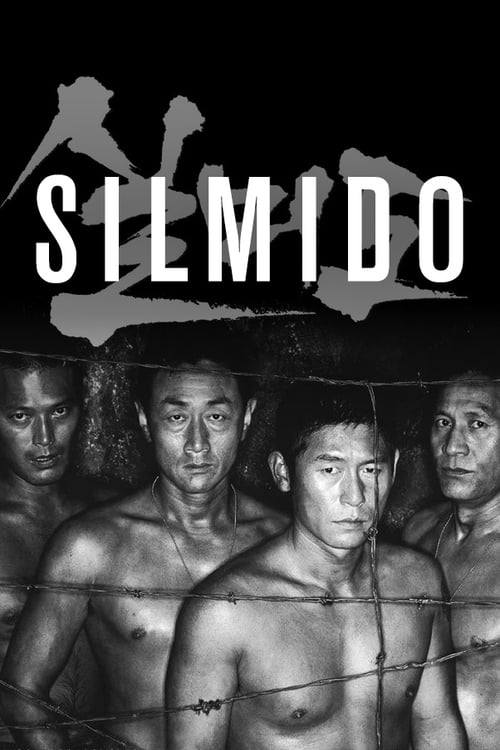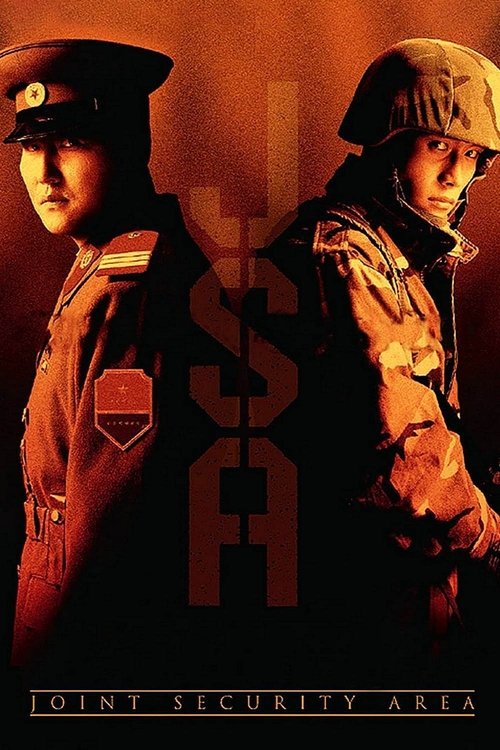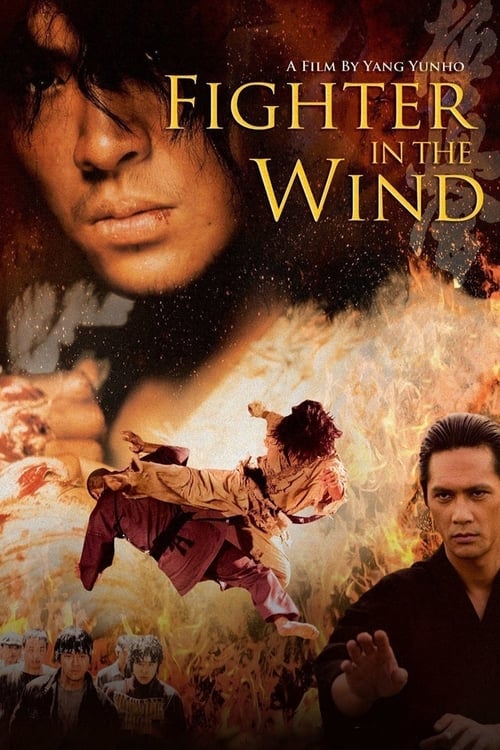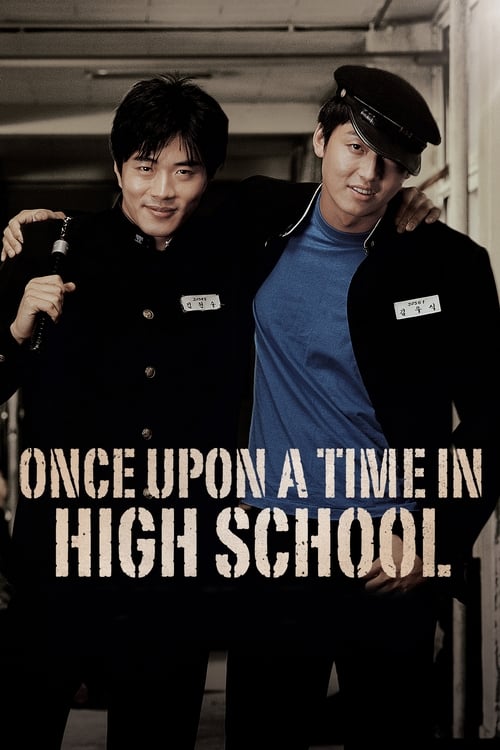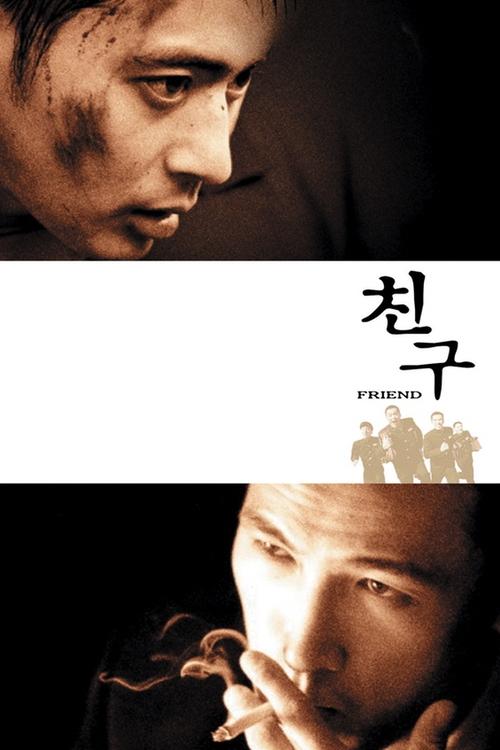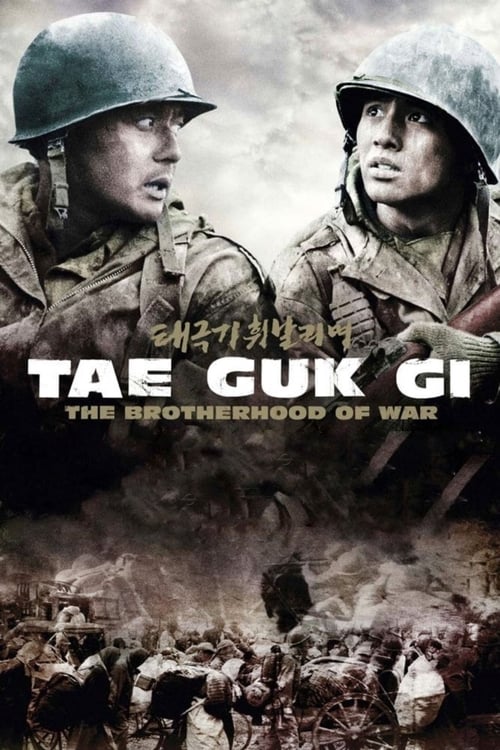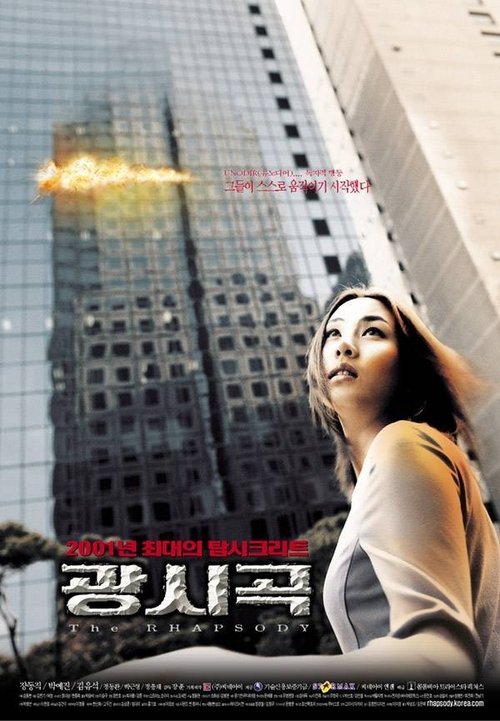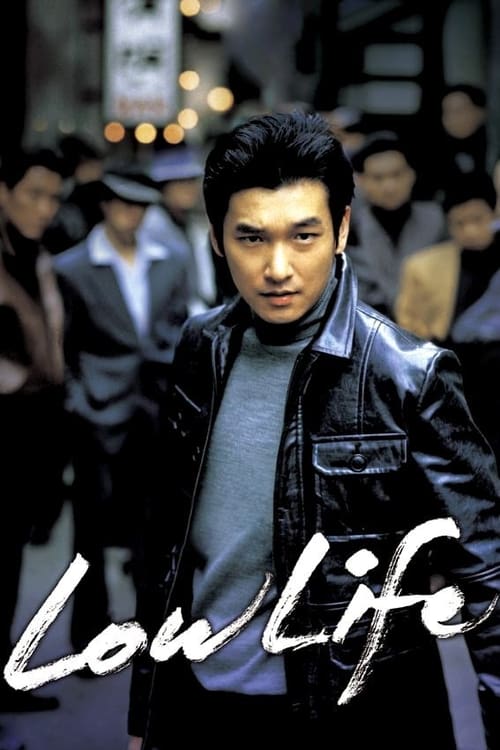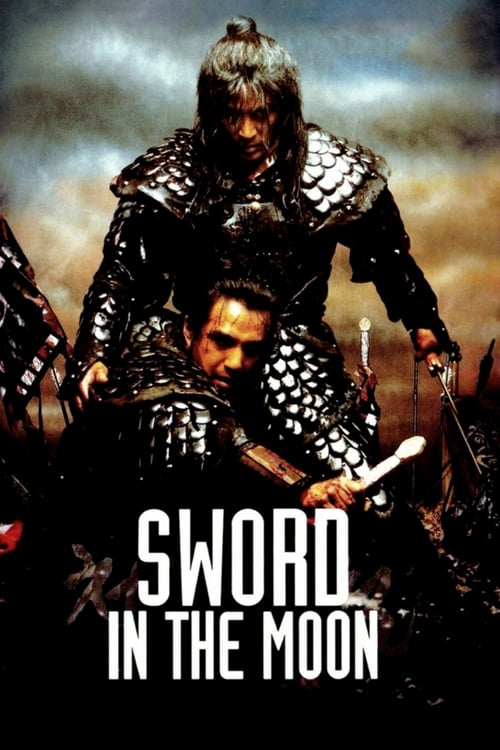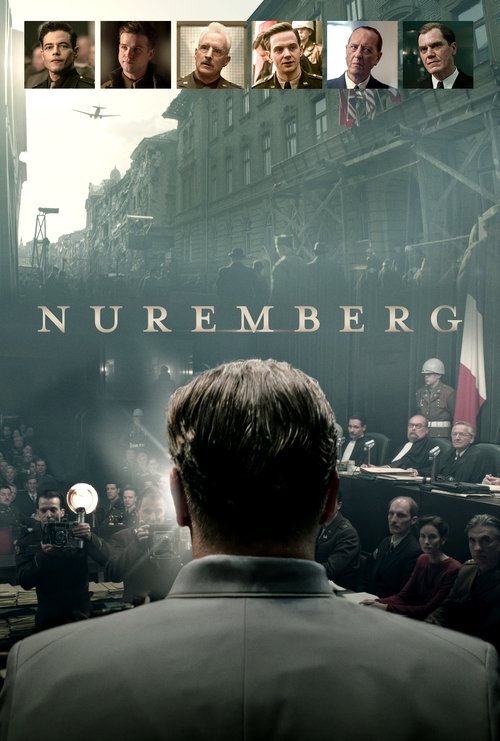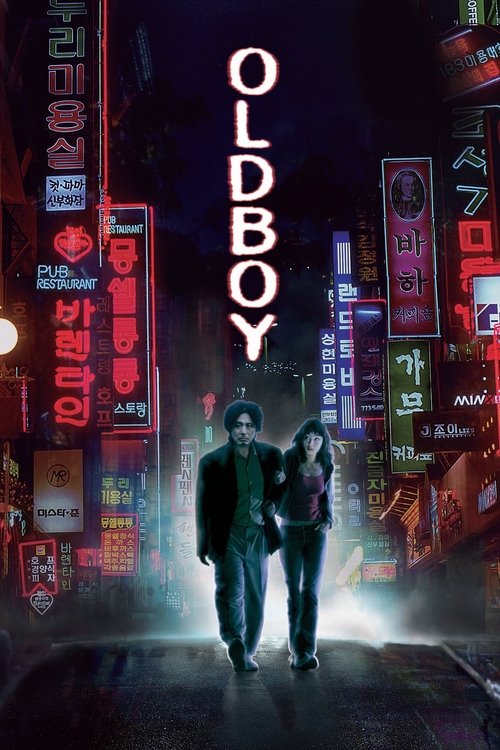
Ask Your Own Question
What is the plot?
What is the ending?
In the ending of "Silmido," the remaining members of the special forces unit, after a series of intense confrontations, ultimately decide to rebel against their orders. They confront their superiors and the reality of their mission, leading to a tragic and violent conclusion. The film closes with a somber reflection on the sacrifices made and the futility of their situation.
As the climax of "Silmido" unfolds, the tension within the group of soldiers reaches a boiling point. The remaining members of the unit, who have been trained for a covert assassination mission against North Korean leaders, grapple with the moral implications of their orders. They are aware that they have been treated as expendable pawns in a larger political game, and this realization fuels their growing discontent.
In a pivotal scene, the soldiers gather in their makeshift barracks, the atmosphere thick with unease. They share their fears and frustrations, revealing the emotional toll that their training and the mission have taken on them. The camaraderie that once bonded them begins to fray as they confront the reality of their situation. The leader of the group, who has been a steadfast figure throughout their training, struggles with the weight of his responsibility. He feels the burden of leading men who are increasingly questioning the purpose of their mission.
As the day of the planned operation approaches, the soldiers are filled with a mix of dread and determination. They know that their mission is not just dangerous; it is a one-way ticket to death. In a moment of clarity, they decide to take a stand against their superiors. They realize that they cannot go through with the assassination, which they now see as morally reprehensible. This decision marks a turning point for the group, as they choose to assert their humanity over blind obedience.
The climax erupts in a violent confrontation with their commanding officers. The soldiers, armed and desperate, confront the men who have orchestrated their fate. The tension is palpable as they demand to be heard, to be treated as individuals rather than mere tools of the state. The confrontation escalates, leading to a chaotic and tragic shootout. The soldiers fight not just for their lives but for their dignity, their right to choose their own path.
In the aftermath of the confrontation, the fate of the main characters is sealed in tragedy. Some of the soldiers are killed in the crossfire, their dreams of a different life extinguished in an instant. The leader, who had hoped to save his men, is left grappling with the loss and the futility of their rebellion. The remaining survivors are left to face the consequences of their actions, knowing that they have defied orders but at a great cost.
The film concludes with a somber reflection on the sacrifices made by the soldiers. The camera lingers on the desolate landscape of Silmido, a haunting reminder of the lives lost and the dreams shattered. The final scenes evoke a sense of melancholy, underscoring the film's exploration of loyalty, sacrifice, and the moral complexities of war. The characters, once filled with hope and purpose, are left to reckon with the harsh realities of their choices, leaving the audience to ponder the true cost of their mission.
Is there a post-credit scene?
The movie "Silmido," produced in 2003, does not have a post-credit scene. The film concludes its narrative without any additional scenes after the credits roll. The story focuses on the harrowing experiences of a group of South Korean soldiers who are trained for a covert mission on Silmido Island, exploring themes of loyalty, betrayal, and the psychological toll of war. The ending leaves a lasting impact, emphasizing the tragic consequences of their mission and the sacrifices made by the characters, rather than providing a light-hearted or additional narrative twist typical of post-credit scenes in other films.
What is the significance of the island of Silmido in the film?
The island of Silmido serves as a secret training ground for a group of South Korean soldiers who are being prepared for a covert assassination mission against North Korean leaders. It symbolizes isolation and the harsh realities of military training, as well as the moral dilemmas faced by the soldiers.
How does the character of Sergeant Oh become a leader among the soldiers?
Sergeant Oh, portrayed as a tough yet compassionate figure, rises to leadership through his ability to connect with the men emotionally. He understands their struggles and motivations, which earns their respect and loyalty, especially as they endure the brutal training regimen.
What internal conflicts do the soldiers face during their training on Silmido?
The soldiers grapple with feelings of betrayal, anger, and disillusionment as they realize the true purpose of their training. Many of them are haunted by their pasts and the reasons they joined the military, leading to a deep internal struggle between duty and morality.
How does the film portray the relationship between the soldiers and their superiors?
The relationship is characterized by tension and manipulation. The soldiers are often treated as expendable pawns by their superiors, who prioritize the mission over their lives. This dynamic creates a sense of resentment and fuels the soldiers' desire for autonomy and recognition.
What role does the character of Kim play in the story?
Kim is a pivotal character who represents the emotional and psychological toll of the mission. His backstory reveals the personal sacrifices made by the soldiers, and his struggles with loyalty and the moral implications of their training highlight the film's exploration of the human cost of war.
Is this family friendly?
"Silmido," produced in 2003, is not considered family-friendly due to its intense and mature themes. The film contains several potentially objectionable or upsetting scenes, including:
-
Violence and Warfare: The film depicts military training and combat scenarios that include graphic violence, which may be distressing for younger viewers or sensitive individuals.
-
Death and Loss: There are scenes that portray the death of characters, which can evoke strong emotional responses and may be upsetting for children.
-
Psychological Trauma: The characters experience significant psychological stress and trauma, which is explored in a raw and intense manner, potentially unsettling for sensitive viewers.
-
Harsh Realities of War: The film addresses the brutal realities of war and betrayal, presenting a grim perspective that may be difficult for younger audiences to process.
-
Mature Themes: Themes of betrayal, revenge, and the moral complexities of military operations are central to the narrative, which may not be suitable for children.
Overall, the film's serious tone and graphic content make it more appropriate for mature audiences.

